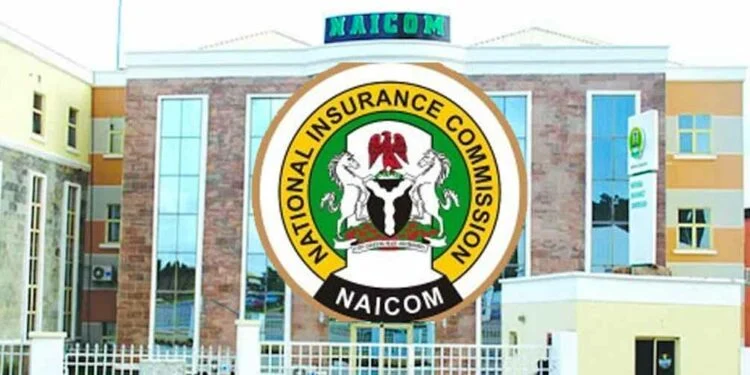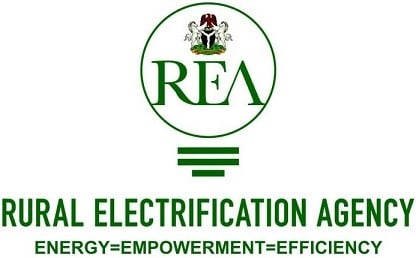The Federal Government has been informed that the nation must expand outside the banking industry to reach the estimated $1 trillion GDP.
This was disclosed by the Group Managing Director of Afrinvest, Chioke Ike, at the launch of its 2024 Banking Sector Report, themed Recapitalisation: Catalyst for a $1 Trillion Economy?’, according to The Punch.
Chioke in introducing the higher bank capital requirements, stated that stronger and more stable banks were necessary to drive President Bola Tinubu’s estimated $1 trillion economy.
Chioke underlined that although the recapitalization program would improve banks’ ability to support the overall economy, expand their lending capabilities, draw in foreign capital, and encourage improved risk management, the banking industry cannot spur economic growth on its own.
“To achieve a $1tn economy, Nigeria needs to grow beyond the banking sector. Every aspect of the economy must grow alongside it,” he said.
He emphasized the necessity of human capital development, citing Mexico, Indonesia, and Turkey as examples, which have attained greater GDP per capita and human capital indices.
“Nigeria needs to invest in its people to achieve similar growth. We must prioritise human capital development to achieve a $1tn economy.
“The macroeconomic environment is challenging, with a potential national strike looming. However, the data is available to run the economy effectively, but politicians must pay attention to it and have the discipline to be humble,” he explained.
Meanwhile, the Acting Director of Financial Policy and Regulations, Mr John Onoja, who represented CBN Governor, Olayemi Cardoso insisted that the central bank was determined to reach the $1 trillion economic goal.
“We are glad that the present administration has set this target, and we are committed to supporting it,” he noted.
He pointed out that the CBN was collaborating with banks to review their capital plans and ensure a successful exercise, collaborating with institutions like the Nigeria Deposit Insurance Corporation, the Security and Exchange Commission, the Nigerian Exchange, and the National Assembly.
In his remark, the Chairman of the Presidential Committee on Fiscal Policy and Tax Reforms, Taiwo Oyedele also emphasized the need for competition, revenue growth, and budgetary competitiveness.
“Nigeria is a poor country with a budget of under $40bn, including supplementary budgets for all 36 states and 774 local governments. Our revenue is less than half of that amount,” Oyedele said, highlighting the urgency for reform.
Oyedele emphasized the significance of a healthy banking industry, a robust capital market, and uniform policies to attain a $1 trillion economy.
He said, “We can generate more revenue by optimising government assets, reforming government-owned enterprises like NNPC Limited, and exploiting solid minerals and natural resources.”
In addition, he supported removing taxes on capital, investment, production, poverty, and seeds in order to foster prosperity.










